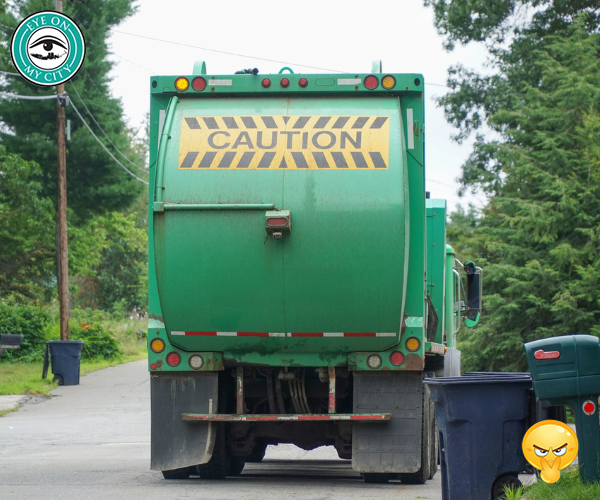
There is more to the “food deserts” story than meets the Eye on Jacksonville.
Eye addressed this alleged problem recently, questioning whether it made sense for the city to hand $850,000 to Winn-Dixie to replace a Publix in Gateway Shopping Center.
We subsequently heard from a reader who was a high-ranking member of one of the previous administrations in City Haul.
He mentioned the late Marvin Ganson, who for years operated four Kozy Korner stores in Northwest Jacksonville.
Ganson was a kind-hearted man. Even those his stores were robbed constantly – I covered many of them as a police reporter – he always advised his employees not to resist, but to simply hand over the money.
He also donated for many activities in the neighborhoods where his stores were located, buying baseball team uniforms, for example.
When there were riots in the ‘60s, all of his stores were looted and burned.
They were not replaced. The reason there are fewer groceries and other stores in the area than in other parts of town is that people can’t get insurance. Too many thefts and fires.
There are no “food deserts.” There are “insurance deserts,” and they exist because people loot and burn.
It took a great effort by city officials to get a movie theater in the First Coast shopping center when it was built, for the same reason, according to the former government official who contacted Eye.
He also said local pastors have been told to help solve the underlying problem by promoting restraint and responsibility to their congregations.
Over the past few decades, Jacksonville taxpayers have shoveled millions of dollars into the Northwest Jacksonville area, after politicians and newspaper columnists made hand-wringing pronouncements about the “lack of investment” there.
When people don’t invest in an area, there is usually a reason and it is almost never the reason that liberals cite. Oddly enough, you never see politicians and newspaper columnists investing their own money in these causes.










